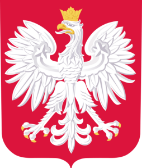Module C – simulations based on artificial intelligence

It is planned to conduct 4 training modules (A-D), addressed to academic teachers, i.e. developing soft skills, developing knowledge about sustainable development in the context of economic policy at various levels, improving skills in simulation based on artificial intelligence, as well as training in advanced techniques of modelling and numerical simulations.
Artificial intelligence combined with robotics and automation are the driving force of the fourth industrial revolution. According to the Polish Agency for Enterprise Development, by 2025 the value of the global artificial intelligence market will increase to USD 190 billion, and the number of new jobs by 2022 will exceed 130 million.
The use of machine learning, AI or cloud computing also in the construction industry will be of key importance for the development of the Polish economy, as well as the European and world economy. In light of the growing demand for AI specialists, education in this field should be a priority. The planned training course includes theoretical and practical classes covering the latest achievements in the field of artificial intelligence, such as the use of artificial neural networks, robotics, Virtual Reality (VR) or Augmented Reality (AR). This knowledge helps to reduce social inequalities due to disability (e.g. the use of artificial limbs, exoskeletons and the use of artificial intelligence computers for communication), but also leads to significant economic development, creates new jobs and supports sustainable development.
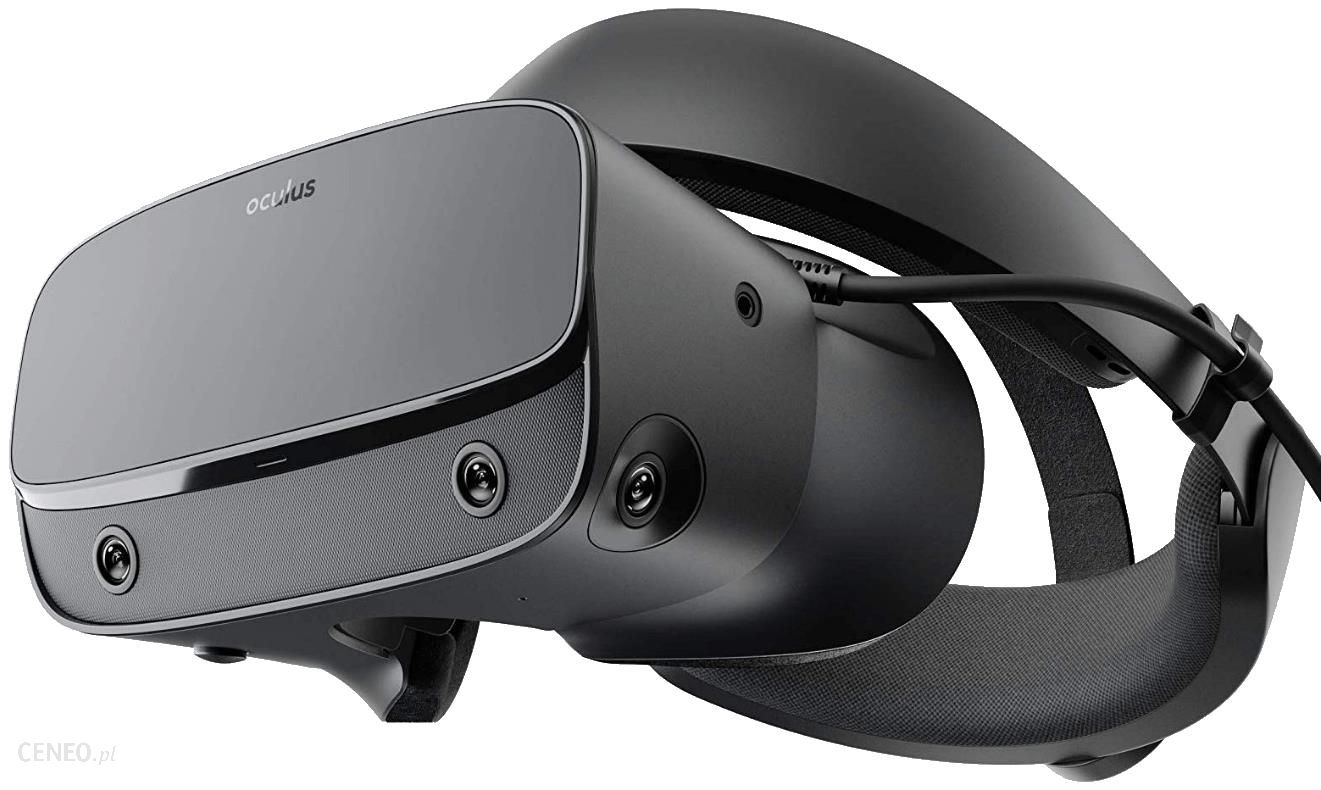 As part of the practical classes, the purchase and use of modern virtual reality (VR) equipment - Oculus Rift S. Thanks to the use of this technology, it is possible to observe buildings without having to move, which in the time of a pandemic is very important. The use of this type of equipment as part of the project will not only increase the substantive level of the workshops, but will also increase the chance of recruiting students due to its innovative and very interesting nature.
As part of the practical classes, the purchase and use of modern virtual reality (VR) equipment - Oculus Rift S. Thanks to the use of this technology, it is possible to observe buildings without having to move, which in the time of a pandemic is very important. The use of this type of equipment as part of the project will not only increase the substantive level of the workshops, but will also increase the chance of recruiting students due to its innovative and very interesting nature.
As part of the preparation for the above-mentioned classes, training in the use of equipment and software is planned.
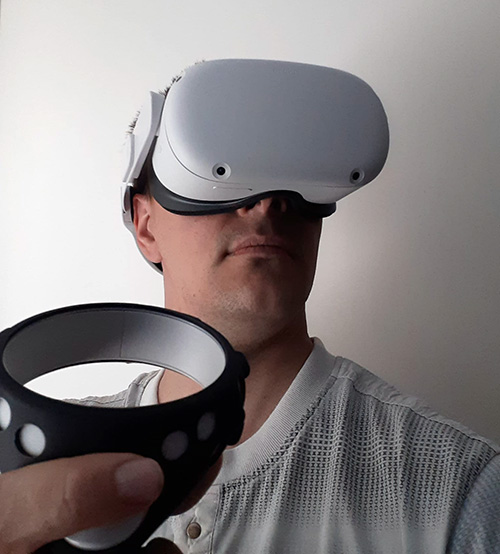 VR goggles were purchased for the training of teaching staff and students during the Summer School.
VR goggles were purchased for the training of teaching staff and students during the Summer School.
This is the Oculus Quest 2 model. The Quest 2 is capable of running as both a standalone headset with an internal, Android-based operating system, and with Oculus-compatible VR software running on a desktop computer when connected over USB or Wi-Fi. It is a refresh of the original Oculus Quest with a similar design, but with a lighter weight, updated internal specifications, a display with a higher refresh rate and per-eye resolution, and updated Oculus Touch controllers. The included controllers with the Quest 2 are the third generation Oculus Touch controllers, and their battery life has also been increased four-fold over the controllers included with the first-generation Quest.
The Oculus Quest 2 are presented as the leading headset with a large ecosystem of software available for 3D to VR presentations.
360 degree panoramas
360 panoramas using renders from rendering software provides the benefits of cost & mobility while ensuring that you can show the designs in high-quality to your clients in meetings by using 360 tour software.
In an ideal model review meeting, the host (typically the architect) prepares a walkthrough and takes the stakeholders through each of the important aspects of the design. In order to facilitate this experience, it is possible to enable the host (architect) and guests (stakeholders) to join the meeting using a 6-digit code in the VR app.
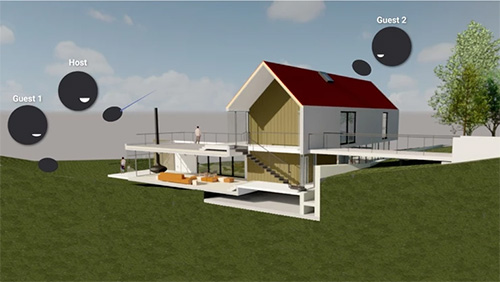
Not just 3D models, but also virtual tours.
Presentation material for architects varies greatly from each firm to another. VR goggles allow not just on 3D walkthroughs, but also on 360 tours created using panoramas — in order to provide the complete set of options that architects need for their client presentation requirements.
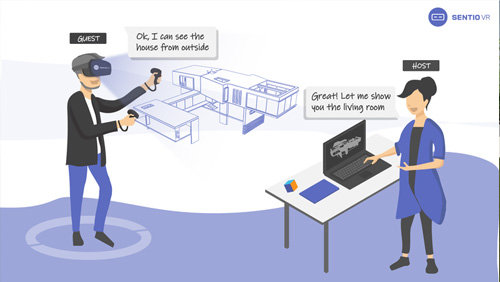
It is also planned that the teaching staff will participate in training courses organized by the Stanford University entitled Machine Learning as well as Neural Networks and Deep Learning. Courses in this module are held remotely.
More information about the courses will be available soon.
 Poczta
Poczta
 USOSweb
USOSweb
 Znajdź pracownika
Znajdź pracownika
 Tłumacz
Tłumacz
 Вступна кампанія
Вступна кампанія

